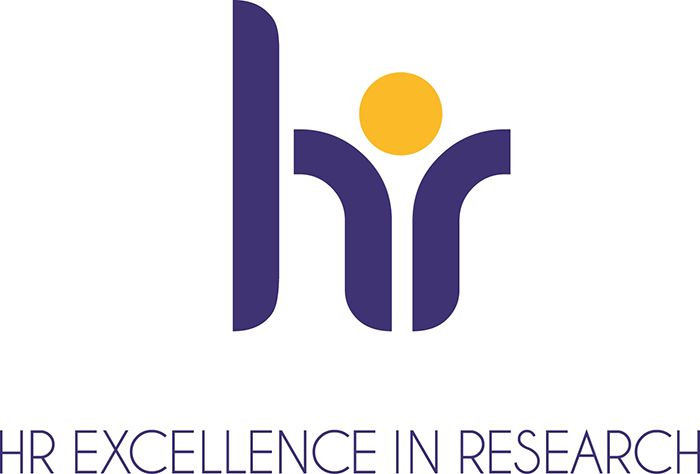
TU-ID: 193 | 2024 | 51 | 244996

University Assistant Post-Doc (all genders)
40 hours/week | limited to 6 years
TU Wien is Austria's largest institution of research and higher education in the fields of technology and natural sciences. With over 26,000 students and more than 4000 scientists, research, teaching, and learning dedicated to the advancement of science and technology have been conducted here for more than 200 years, guided by the motto "Technology for People". As a driver of innovation, TU Wien fosters close collaboration with business and industry and contributes to the prosperity of society.
At the Institute of Visual Computing and Human-Centered Technology, in the Research Unit of Artifact-based Computing & User Research, TU Wien is offering a position as a University Assistant (Post-Doc) limited to expected 6 years for 40 hours/week. Expected start: February 2025, or later by mutual agreement.
We are looking for a highly motivated Postdoctoral Fellow who is passionate about building interactive systems and who possesses a strong technical background in aerial robots. The position is located at the Institute of Visual Computing & Human-Centered Technology in the Faculty of Informatics at TU Wien, Vienna, Austria.
As they become increasingly autonomous, aerial robots (or drones), are transforming from being used as remote control devices to becoming partners to humans. Recent advances in the field of human-drone interaction allow humans – experts or lay people – to directly interact with a drone when collocated. This opens the path to new applications, from co-working drones that can carry items to workers at heights to search and rescue drones helping first responders and even emotional support drones that support people in their daily lives. Yet, much research is still needed for drones to make sense of complex human situations and for humans to make sense of the behaviors of robotic devices.
Tasks:
- Your research work will consist in designing methods and concepts or prototypes (software and hardware) for the next generation of interactive drones that can sense and interpret human behaviors, as well as evaluating these prototypes with users
- You will work following a human-centered design process, and part of your work will consist of running experiments and user studies with various stakeholders using both quantitative and qualitative research methods and analyzing the resulting data
- In addition to your own research, you will learn how to run our drone facility and support students in the lab
- You will work both independently and as part of a team
- You will also participate in writing research grants and you will perform independent teaching and mentoring of students
- You are expected to bring both scientific rigor and creativity to the lab
Your profile:
- Completion of a PhD in Computer Science or similar studies; and in-depth knowledge of the subject area.
- Experience in Human-Robot Interaction, Robotics, or Mechatronics.
- Deep interest in scientific problems and motivation for independent and goal-oriented research.
- Outstanding publication record in top HCI / HRI or Robotics research.
- Strong technical skills. Including, but not limited to: the ability to program in one or several programming languages (e.g., Python, C/C++, ROS, Arduino, Ardupilot).
- Experience in teaching and/or mentoring students.
- Organisational and analytical skills as well as a structured way of working.
- A can-do attitude and hands-on creative technologist.
- Excellent spoken and written communication skills in English, and knowledge of German (level B2) or willingness to learn it in the first year
We offer:
- A wide variety and exciting range of tasks in a collegial team
- Flexibility in working time arrangements
- A range of attractive social benefits (see Fringe-Benefit Catalogue of TU Wien)
- Wide range of internal and external training opportunities, various career options
- Central location of workplace as well as good accessibility (U1/U4 Karlsplatz)
People with special needs are equally encouraged to apply. In case of any questions, please contact the confidant for disabled persons at the university, Mr. Gerhard Neustätter.
Entry level salary is determined by the pay grade B1 of the Austrian collective agreement for university staff. This is a minimum of currently EUR 4,932.90/month gross, 14 times/year for 40 hours/week. Relevant working experiences may increase the monthly income.
We look forward to receiving your application until January 9th, 2025.
Carmen Keck | T: +43 1 588 01 406201
Here you can find also relevant information about the application process.



